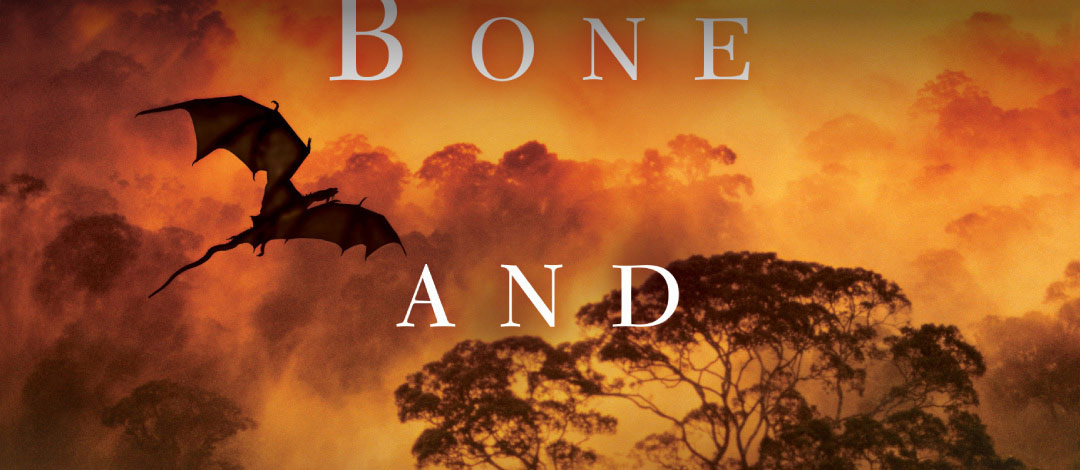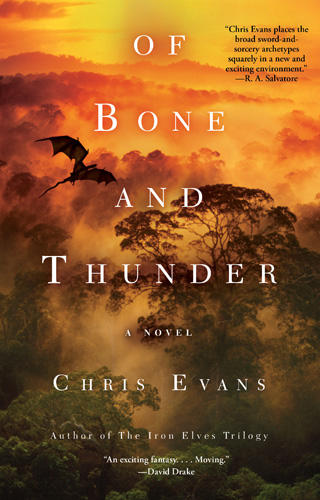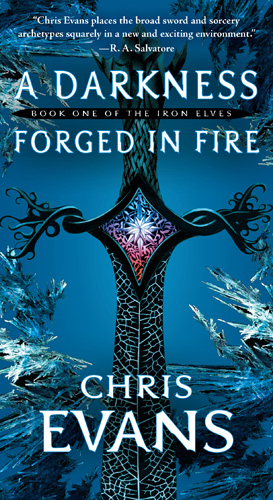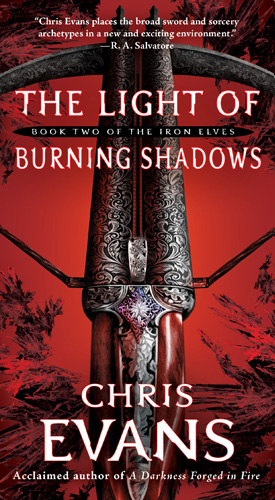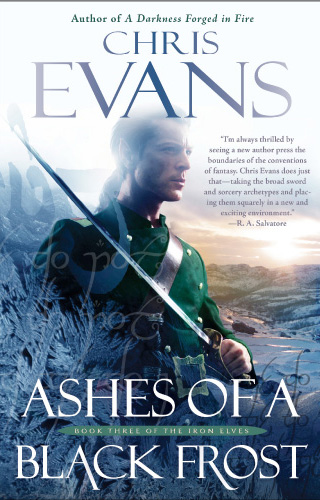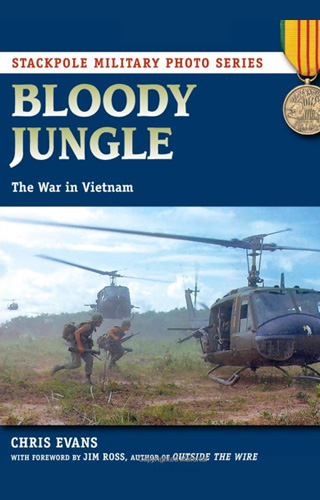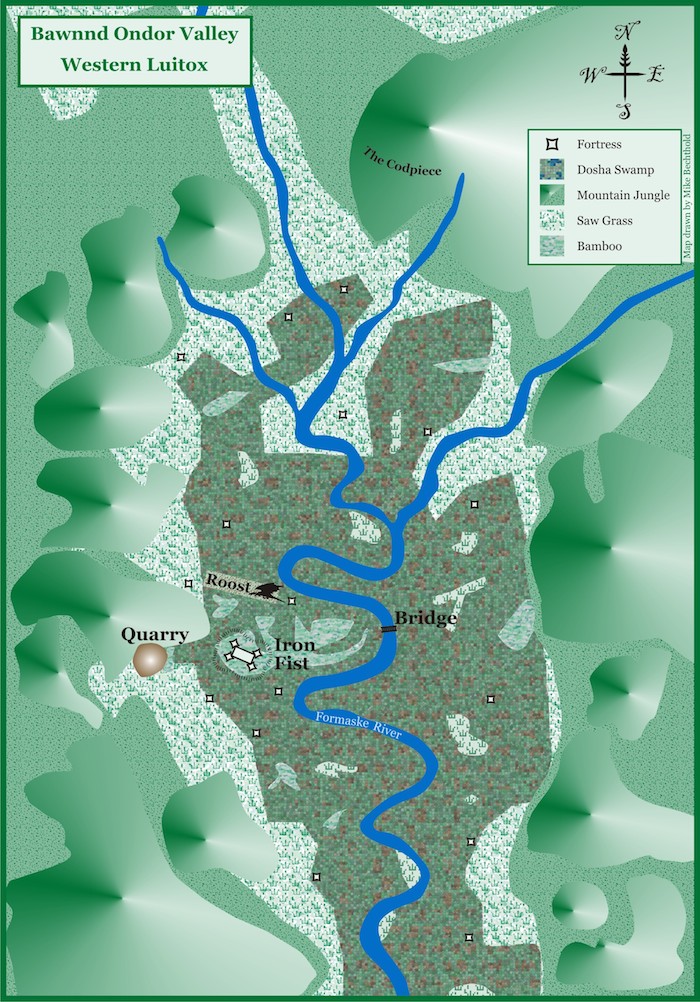Jeff Young holds many distinctions, but the one that stands out for me is when he introduced me to the Renn Faire in Pennsylvania. I’d never been to one before and wasn’t sure why I ever would, but Jeff’s enthusiasm and obvious joy convinced me it was worth a look, and I spent many hours shooting a bow and arrow so that I might better understand what it meant to be an elf…who shoots muskets. My logic might have been flawed, but Jeff’s exuberance wasn’t.
Jeff has led the Watch the Skies SF and Fantasy discussion group http://mysite.verizon.net/res89guj/ at Barnes and Noble in Camp Hill, PA for nine years and the Word Wrights writing group for eight years and looks forward to continuing as long as the powers that be will let him. Besides being editor for the book- The Drunken Comic Book Monkeys Tales of Scary Scariness, hes also been published in: Trail of Indiscretion and its sister production Cemetery Moon, Carbon14, Neuronet, Apprise and the Poetic Knight. His story Written in Light will appear in the 26th edition of L.Ron Hubbards Writers of the Future next year. Currently Jeff is stocking and hawking books at the Barnes & Noble in Lancaster, PA.
1. Why did you choose publishing for a career?
Let’s say if I’m lucky and determined enough, getting published would be an interesting career move. But why this? I’ve always been a voracious reader and somewhere along the line I discovered that I could tell a story as well. With the prodding of English teachers and one summer spent in creating an 85k piece, I began to hope that I might be able to publish something eventually. Still working on that. My job at Barnes & Noble allows me to get a better idea of how authors, publishers and the book-selling industry all interweave.
2. What’s the future look like for book publishing?
This keeps changing, which is both fascinating and worrying. I heard a prediction last year that in the next five years our stores will no longer carry magazines nor have a music department. Now as we push forward with our own e-reader, I begin to feel justified in believing the estimate wasn’t conservative enough. “People will always want a book in their hand to read” – the line feels as dated as the computer expert who said that no one would ever want a desktop. From what I can see, the current generation of readers is just beginning to be exposed to the reality of readily available e-readers. When you start handing them to children who are just beginning to read and they learn to be comfortable with the e-reader, that is the generation that will lay down the real book. From the consideration of publishing, much as word processing programs allowed the novice writer a leg up in preparing a manuscript, the ability to create an e-book is now available to a wider pool of potential authors. E-books cut off the traditional time lag in book production. The demand is already there for reduced pricing as well. All of this means though that a great deal of content is suddenly available, but what is the quality like? To a bookseller, if a book does not live up to its hoped sales potential, it loses it place on the shelf and starts its way through the return process. Your e-book doesn’t perform, the owner of the website presses “delete”. Caveat Emptor is not the same when the mere randomizing of electrons provides you with more storage space to buy another book.
An interesting article I saw awhile ago related the thought that as we continue to read more online, the nature of our attention span dwindles. It is a fascinating and sad thought. Are we, by limiting our content, limiting ourselves? The time we take to read online is different than the time that we spend with a book. We want the newspaper version instead of the novel. Is this why we don’t balk at Twitter, flash fiction or even the Japanese phenomenon of cell phone books?
I can only hope looking at the picture menu in some fast food restaurants, that we don’t steer our future in that direction. Imagine a child given a slate device that covers all of the Dick and Jane potentialities expressed in pictorial form and spoken dialog. You could teach a child to talk in such a fashion. You could teach a child like that and never once use the written word . . . So I imagine you can see I’ve been thinking about this a bit. In the next five years, the change we may see start to occur is that people will go to bricks and mortar stores in the same fashion that they would frequent a Starbucks instead of picking up a coffee at the filling station. As a bookseller, it does make one think.
3. What advice would you give someone looking to follow in your footsteps?
Dont follow too closely – I’m only getting started. I am so fortunate to have met so many wonderful authors that I have befriended who have shared some of the “do’s and don’ts” of the industry. These folks truly believe in paying it forward. My advice – meet the right people, meet them with the right attitude and an open mind, and never miss a chance to learn. One last thought – write down as many ideas that you have as possible. One of my favorite quotes comes from the composer Berlioz – “Every composer knows the anguish and despair occasioned by forgetting ideas which one had no time to write down.”
4. What author or publishing insider living or dead would you like to meet and why?
Right now? Alastair Reynolds. First off how do you manage to create a first novel the likes of Revelation Space? More importantly in tough economic times, how do you strike a deal with your publisher for 10 million dollars, 1 million per year, for delivering one book a year for the next ten years? Brilliant!
5. If stranded on a desert island without the cast of Lost (or the S.S. Minnow,) what five books would you want to have with you?
A) The Pocket Ref – contains an insane amount of information in a book 5 1/4″ by 3″.
B) Lord of the Rings – single volume of all the books, find me one that includes the Hobbit and I’m set.
C) Dune – Published the year I was born and still contains exceptionally few dated ideas.
D) Robinson Crusoe – I only hope to be as prepared as he was, but could use the tips.
E) Six Not So Easy Pieces – Richard Feynman – probably the only way I’ll even finish it. I start this book and constantly have to put it down and then it vanishes every time. Is there some sort of quantum instability to it?
6. Why do books matter?
Looking at things from a fictional viewpoint – books matter, because much as storyteller does, the imparting of the ideas to listener/reader is only the beginning of the process. True enjoyment of the book is based upon the imagery created in the subject’s imagination. Books enlighten, transport, empower, and engender new ideas on a truly personal level. They are a unique subjective experience that can be shared in a limited fashion with others. The only time that we can all see the elephant when reading is when the prose is delivered in such a distinct and deliberate fashion as to leave no point for incorrect inference. But the question to really ask at that point is – am I reading a text book or experiencing a work of art? We as authors and publishers are striving to provide a personal experience that provokes a reaction from the reader. One can only hope that instead of a map we are enjoying the shy smile of the Mona Lisa . . .
Thank you, Jeff!
